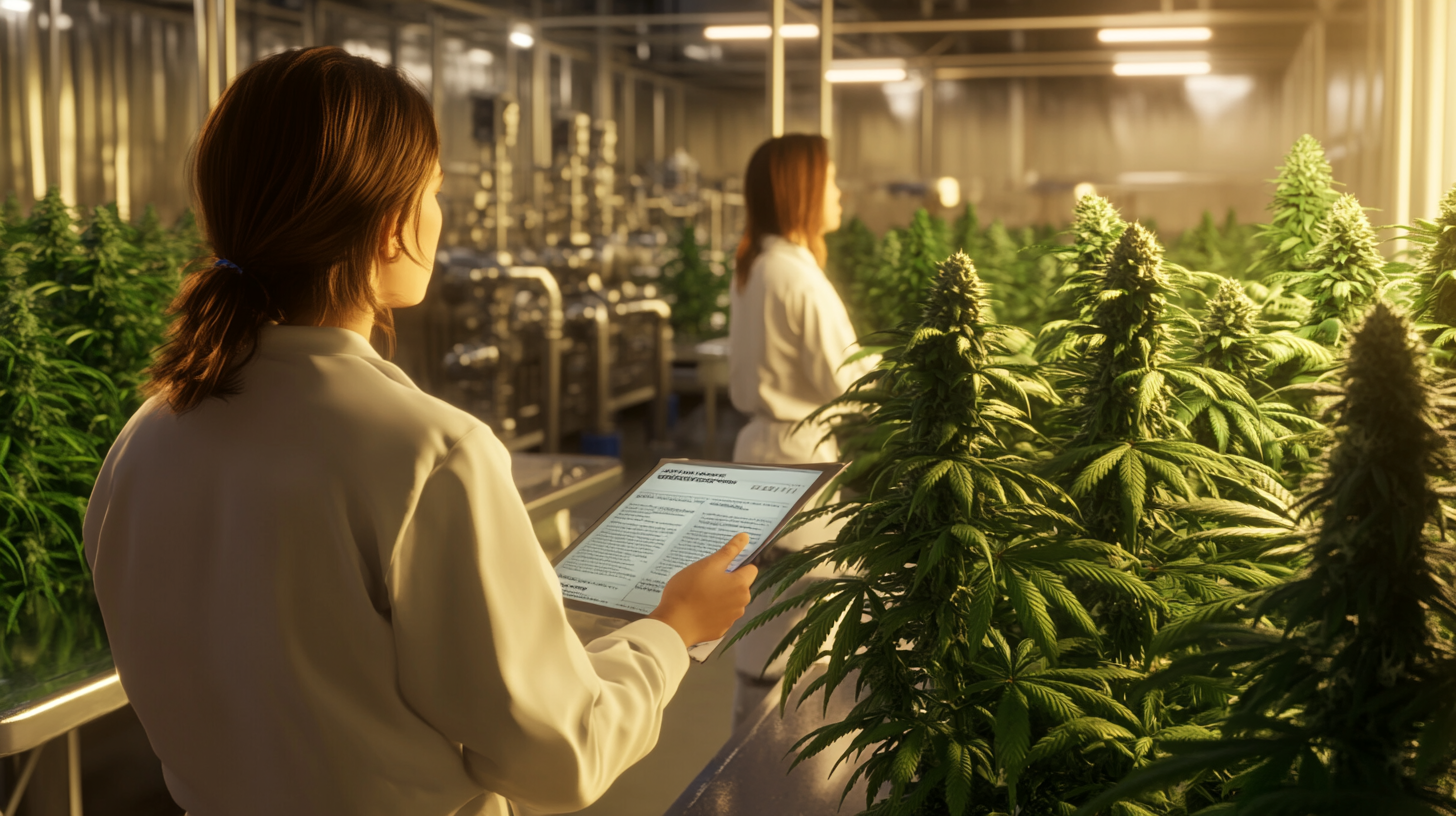Last updated on August 22nd, 2024 at 05:48 am
• Driving The News: Thailand’s plan to reclassify cannabis as a narcotic is sparking fears of economic losses and reduced investor confidence.
• Why It Matters: The potential reclassification could disrupt businesses, halt ongoing research, and diminish the economic opportunities cannabis offers.
• What To Watch: The decision by the Narcotics Control Board later this year will determine the future of cannabis regulation in Thailand.
BANGKOK, THAILAND—Critics are voicing strong opposition to the Thai government’s decision to reclassify cannabis as a narcotic, a move they argue will severely impact the burgeoning cannabis industry and erode investor confidence. The health committee’s recent vote to reclassify cannabis and hemp under narcotic laws, effective January 1, 2025, has sparked concerns among entrepreneurs and researchers who have invested heavily in the sector.
HIRUNRAT MAHADITTHADAKUL, secretary of the Hemp and Cannabis Industries Association, warned that this policy reversal would damage investor trust and disrupt businesses that have invested billions of baht. Many businesses, particularly those involved in cannabis oil extraction, would be forced to adapt or shut down, she said, noting that the policy shift would also harm small-scale cannabis farmers and businesses in tourist destinations.
RUNGRUENG KITPHATI, Director-General of the Department of Science Service, highlighted the potential waste of ongoing research into the medicinal benefits of cannabis. He cautioned that the reclassification could halt studies that have advanced significantly over the past five years, depriving patients of new treatment options and stalling economic opportunities in the cannabis industry.
Despite opposition from various sectors, some government officials, including Pol Lt Gen KHIRISAK TANTINVACHAI of the Narcotics Suppression Bureau, support the reclassification, arguing that cannabis should be restricted to medicinal use to prevent potential health risks associated with recreational consumption.
The debate underscores the ongoing political struggle between the Bhumjaithai Party, which championed cannabis decriminalization, and the ruling Pheu Thai Party, which now seeks to reverse it. The final decision by the Narcotics Control Board could have far-reaching consequences for Thailand’s economy and public health strategy.
Contributing Sources: Bangkok Post
